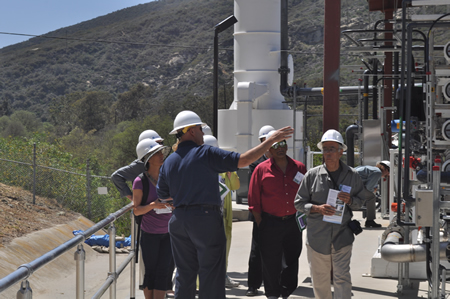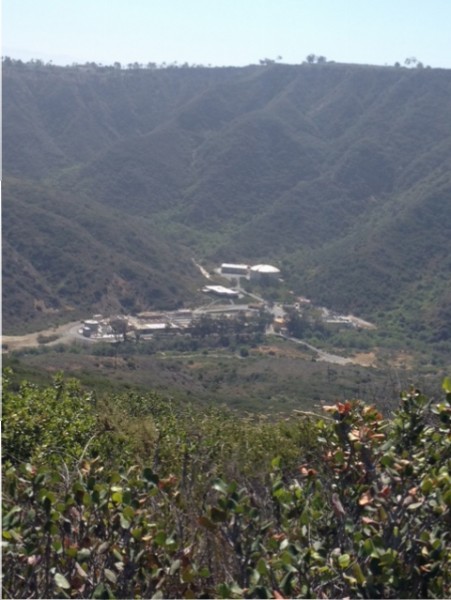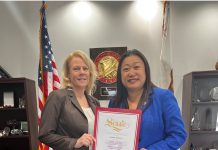
Even as Gov. Jerry Brown grapples with California’s drought by mandating that water districts curb their demands by 25 percent, the Orange County Grand Jury urges them to expand supply by stepping up production of recycled water.
Dwindling local water supplies could be conserved by tapping into the 147 million gallons of treated wastewater currently discharged into the ocean daily, says a grand jury report issued Friday, May 1.
The report recommends that almost all of the county’s wastewater processing districts, including South Orange County Wastewater Authority (SOCWA), which serves Laguna Beach, identify and implement the most cost-effective method of increasing production of recycled water, so as to reduce the county’s reliance on imported water.
The affected districts are required by law to respond to the report’s recommendations within 90 days.
Local water supplies from the Santa Ana River groundwater basin or recycled wastewater meet nearly half of Orange County’s total water demand. To meet the remaining demand, the Municipal Water District of Orange County buys water from northern California and the Colorado River through the Metropolitan Water District of Southern California. Its purchases are distributed to 28 agencies that pipe water to homes and businesses.
The amount of water available for extraction from the groundwater basin depends on annual rainfall and shrinks during droughts. In order to replenish the basin, the county will have to recycle more wastewater or buy more imported water, according to the grand jury findings. They also found that in almost all cases treating wastewater for irrigation (“purple pipe” water) or potable use is less expensive and more dependable than purchasing imported water, given that imported water sources are shrinking, while excess wastewater is simply being pumped into the ocean.
South-county water districts rely almost entirely on water delivered by the MWD, which will cut deliveries by 15 percent beginning July 1.
Out of 262 million gallons of wastewater produced daily in the county, 147 million flows into the ocean, 45 million fills purple irrigation pipes and 70 million gallons becomes potable. The ratios differ by district, according to the report.
Of the 23 million gallons of wastewater processed daily by SOCWA, 8 million is recycled and 15 million is discharged at sea a mile from Aliso Beach.
Irvine Ranch Water District, which was excluded from the grand jury’s recommendations, has the advantages of a planned community. Irvine recycles 87 percent of its 23 million gallons of daily wastewater for landscaping and industrial uses.
In its findings, the grand jury noted that it costs the Orange County Water District, which serves 20 northern and central county cities, $1,468 per million gallons to treat wastewater for potable use, or $1,133 less than the current cost of importing a comparable amount water.
At the same time, it costs SOCWA, which serves two water districts in Laguna Beach and

other cities, $3,326 to treat 1 million gallons to purple pipe standards, or $725 more than it costs to import water. But the jury believes that rising costs of imported water will change that ratio.





[…] Source […]
[…] Source […]
The City of Laguna Beach has no recycled water system. Grass covering Main Beach is irrigated by expensive imported water during California’s prolonged drought. The Coastal Treatment Plant can produce high purity recycled water to irrigate the Greenbelt’s “Urban Fringe Areas” to maintain healthy native plants while providing protection for residents and firefighters from wildfires. Local homes can irrigate with high purity recycled water and replace 1/2 water use with reliable, local water.
Community support and demands to City Council for a sustainable wastewater recycling system can make the difference. Stand up and speak up for smart wastewater reuse. More recycled water equals less ocean discharges and a healthier coast.